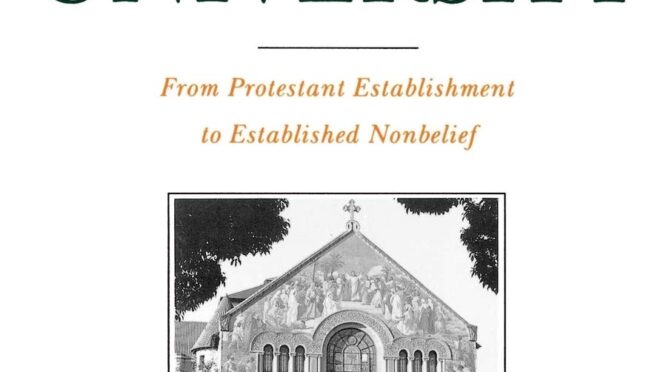This is the last book that I want to share about the thought of academia soul as been mentioned by Prof. Dr. Azlan Ab. Rahman. This book was written by George M. Marsden in 1996.
Attached herewith is the link for this book:
The author explores on how and why the dramatic changes occurred. Today, once pervasive influence of religion in the intellectual and cultural life of America’s preeminent colleges and universities has all vanished.
This author investigates the role of Protestantism in the higher education. He tells the stories of many of our pace-setting universities at defining moments in their histories, including Harvard, Yale, Princeton, the University of Michigan, Johns Hopkins, the University of Chicago, and the University of California at Berkeley.
He recreates the religious feuds that accompanied Yale’s transition from a flagship evangelical college to a university, and the dramatic debate over the place of religion in the higher education.
The soul of the American University exemplifies what it advocates that religious perspectives can provide a legitimate contribution to the highest level of scholarship.






